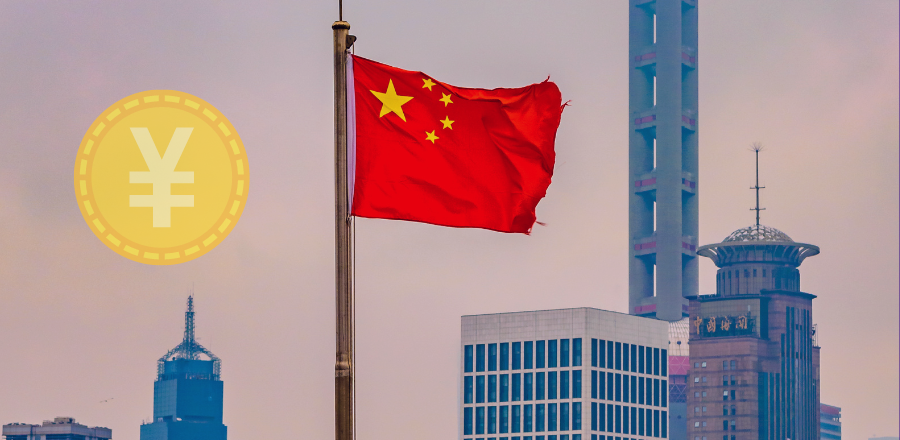Unlocking Real Estate Tokenization in the UAE: Possibilities, Challenges & Regulations

The recent analysis of tokenization of infrastructure initiatives from the World Bank has thrust blockchain technology and smart contracts into the spotlight. Tokenizing physical possessions has become the main focus, and rightfully so. By introducing more liquid assets, options for international trading, a larger investor base, decreased costs and time of securities, the blockchain offers an impressive array of advantageous benefits. Upon close inspection, a hub of potential is unveiled regarding democratized funding as well as a new level of visibility for the activities of the World Bank. It's safe to say that the introduction of these new security tokens shall prove to be a game changer - a wholly new kind of market being ushered in by blockchain itself.
Amidst the advances seen in tokenizing real estate and infrastructure, a few hiccups remain. Chiefly, the lack of generally accepted standards, complications with money-laundering countermeasures and consumer identity authentication, security apprehensions, and the dubiety surrounding legally binding digital tokens and smart contracts all requiring further investigation. Even more concerning is the availability of these advances; more often than not, only accredited investors who meet multiple guidelines and trace through different tribunals can partake. In essence, wide-reaching retail access is restricted, thus drastically decreasing the impartiality of tokenizing investments. Even so, the appraisal of certain jurisdictions, for example the U.S., Luxembourg, Switzerland, the E.U. - with their rigorous legislation basis suitable for tokenization, compensates to certain degree. The UAE, nevertheless, is still in its pioneering phase with not much lucidity to be seen.
At the Unlock Blockchain digital discussion, pros in the industry were brought together to evaluate tokenizing real estate ventures in the UAE. Those facilitating the debate were Manuel Karkour of The Convo - a European accommodation company - Hadi Kabalan, a component of the CryptoCurrency Essentials group at the CryptoCurrency Certification Consortium (C4), and Waqas Nakhwa, joint originator & CEO of AqarChain, a blockchain-sponsored land speculation platform. Together, the council went over the potential of resource tokenization activities in UAE, which advantages they give, and any administrative issues might could arise, and what future opportunities lie ahead. On a more granular level, they mulled over the many new ways tokenization could drive the UAE real estate market, such as what kind of services different people may need help with.
The efficiency of real estate agents in Dubai is nothing short of remarkable, particularly in the domain of property selling, as they often possess the adeptness to quickly trade properties without any superfluous aid from technology or officialities, and, as a consequence, avoid onerous struggles of keeping track with technology. Furthermore, while there is a downward trend in pricing, real estate agents have appropriate dexterity to successfully trade and generate deals without the necessity of continuously lowering prices. Even though tokenization is not essentially the most opportune course of action if the sole intention is to vend real estate, according to the group, Manuel brought to light the ability of tokenization to open up the probability of vendors investing in invaluable real estate, to which they previously may not have access. Offering his thoughts he declared, “By aiming to make interpersonal connections and offering the gateway to retail investments inside real estate settings, fiscal gains can be obtained”. For Hadi, the tokenization form of payment is backed up by the application side to exchange with token owners. He specified, “These tokens not only provide titles of ownership and financing but also serve as interactive software.” His suggestion on the matter being: “There are no barriers to what software can do, accepting the bounds of your creativity.”
Waqas has a point of view that has potential implications on both developers and retail investors in the UAE. For the former, tokenization may not be the most beneficial avenue to take, however the latter still has the capacity to benefit from the rectifying effects of tokenization when it comes to legal complications, streamlining buying processes, and inheritance related issues. With the knowledge of the diverse range of regulatory frameworks in several countries, together with the control the real estate sector has over it, Waqas sees tokenization as the opportunity to make remote investing available to all. Waqas suggests that liquidity can grow as a result of structure a secondary real estate market in Dubai. Even though crowdfunding comes with specific names attached to it, which could potentially reshape the sector - there is one element missing - that of access for retail investors. The author poses a question: why can't the real estate business, which deals in square footage, be fractionalized the same way? The current regulatory limits are seen as an issue when attempting to introduce a secondary market for real estate tokens, and thus, ultimately impedes any substantial progress made by the industry.
Switzerland has used a blockchain platform to legally recognize title deeds, a potential foundation for the UAE to structure their regulations off of. Manuel advocated the use of crowdfunding websites to display and advertise properties, while a potential influx of liquidity encouraged by a financial power pumping money into the tokenized asset market may motivate similar reactions from authorities. Hadi stressed the importance of mass participation in tokenized investments, as the authorities will usually respond to the public demand - if the people flex their muscle and invest, the regulations should follow suit. These ideas were mainstay points of the panel, addressing the role of market makers and the need of demand, as the two foremost incentives leading to stringent rules.
As blockchain technology continues to expand in scope and its potential becomes more clearly acknowledged, the concept of tokenizing real estate moves beyond just fractionalizing existing assets. This evolution of tokenization calls for the digitization of assets by using sophisticated software instead of only breaking them up. Whilst this may take a number of years, under the circumstances that traditional stock exchanges modernize utilized technologies and adequate regulatory frameworks have been established, market enthusiasm for tokenized assets will be a main aspect of its success. In order to reap the full benefits from the real estate tokenization process in the UAE, it is essential to address the difficulties introduced by the innovation of technology, legal frameworks, and regulations while obtaining mandatory synchronization among them. So, dealing with and managing these obstacles and seeing to it that all mechanisms work in unison is absolutely key to capitalizing on the incredible power of tokenizing real estate within the UAE.




